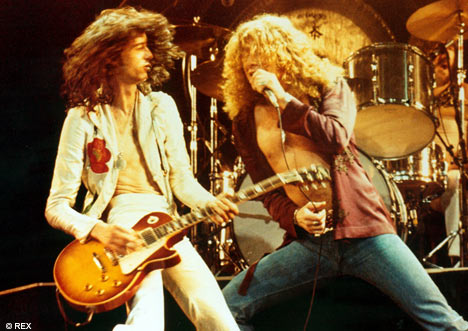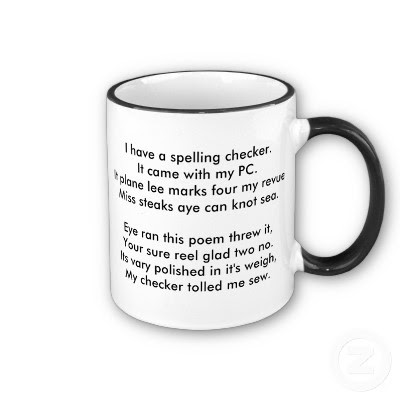And now that I've got that out of my system...
This is sort of tangential, but here goes...
In this conversation, in filmmaking and in life in general, you need clear communications. You, as a director, will need to give clear, concise, complete instructions and information. Background information is also very useful. From your original post:
I have a good sound guy with no equipment so I have decided to invest 1K into his entire set up.
My first instinct is to ask questions, which I did. I'm very cautious by nature. I've been in the entertainment industry - meaning I've made money at it, sometimes
very good money, and met and worked with some very cool people. But I've also seen and, early on, been the victim of, some very frustrating (and nasty, and... use the worst of your imagination) situations. My first instinct is self protection, and when I give advice my instinct is to advise caution.
I'm just curious; if he's such "a good sound guy" why isn't he investing in the equipment himself? If he's such "a good sound guy" why can't he tell you what you need? If he's such "a good sound guy" what are his credentials?
From your next posts:
he's a studio engineer --- i can trust him to get on with it. granted, he has never recorded on a movie set but he has done ADR for my short and is willing to get more involved --- he's reliable and passionate about being a crew member. a bonus is that he co-owns his own studio so he can also do post-sound adr etc.
i'm gonna have a second sound guy who will be his assistant.
I would have responded very differently with all of this information. I know the guy a little - if your information is correct. See, again, I'm hedging.
My different response to your complete information would have been more like:
1. Film sound and production sound are very different, but at least he speaks the "language."
2. I would have put up a few links where you and he could read up on the basics of production sound.
3. Get him to join us here at IndieTalk. The conversation between him and myself and AudioPostExpert and Knightly and the rest of us who have experience with production sound and audio post would have (will?) provide a lot of instruction and information to the rest of the forum.
4. Having two sound people on your set is a Godsend. Now you have someone who can boom, and someone who can listen!
So the point of all this drivel is that you should provide clear, concise information. Oh, BTW, learn to use capital letters at the beginning of sentences. It's presentation. Here on IndieTalk we try to uphold those types of standards. And please, it's not snobbery; I and all of us at IndieTalk want our friends and peers here to succeed. Your professional career depends upon lots of seemingly stupid little things. A solid understanding and usage of grammar, punctuation and the like puts forth a professional image. And, once again, is more clear and concise.
So Uncle Bob will leave you with that last little bit of advice. Have your friend join us. I've made the exact transition he's going to make, so I'm sure we'll get along.













 Those will help make determinations about what to buy... the shotgun takes practice to use as well... it's not something to just pick up and think you can grab great sound, he'll be standing the whole time on set with his arms raised above his head doing a very delicate dance of motion with the mic on the end of an 8' stick. He can't move it when someone's talking or the pole/mount/cable/blimp will potentially ruin the take by making noise... so that's gotta be part of the on set rehearsal with the actors as well.
Those will help make determinations about what to buy... the shotgun takes practice to use as well... it's not something to just pick up and think you can grab great sound, he'll be standing the whole time on set with his arms raised above his head doing a very delicate dance of motion with the mic on the end of an 8' stick. He can't move it when someone's talking or the pole/mount/cable/blimp will potentially ruin the take by making noise... so that's gotta be part of the on set rehearsal with the actors as well.
